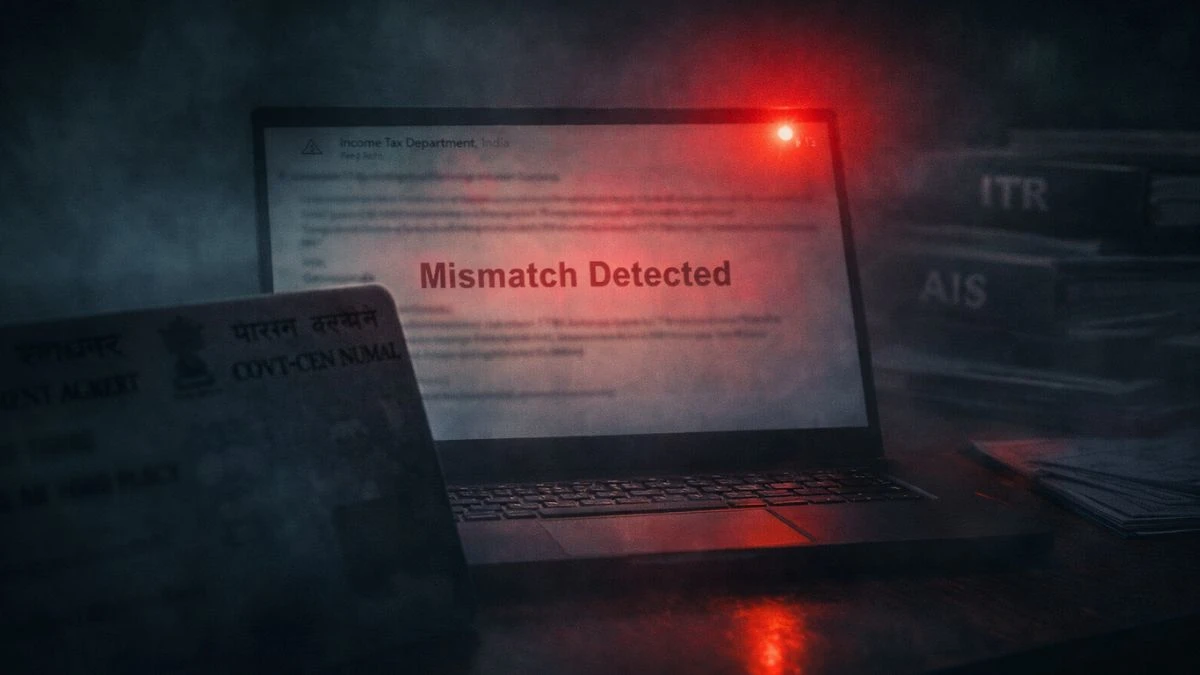
Tax compliance can often feel like a maze, especially for partnership firms and LLPs. Among many lesser-known but crucial provisions, Section 194T of the Income Tax Act holds importance for businesses making payments to their partners. This section introduces a specific TDS (Tax Deducted at Source) obligation on such transactions.
Let’s understand what Section 194T says and how it impacts you.
🧾 What is Section 194T?
Section 194T of the Income Tax Act deals with the deduction of tax at source (TDS) on payments made by a partnership firm or LLP to its partners. Introduced to improve tax transparency & plug revenue leakages, it’s particularly aimed at preventing the misuse of tax-free partner remuneration.
Simply put, partnership firms & LLPs must deduct 10% TDS on payments to partners, including salary, interest, commission, bonus, or any other sum, except the share of profit.
🧑🤝🧑 Who is Liable to Deduct TDS Under Section 194T?
This section requires firms and LLPs to deduct 10% TDS on payments to partners, other than the profit portion.
- The firm or LLP is the deductor.
- The individual partner is the deductee.
- TDS is mandatory if any payment other than profit is made.
So yes, whether it’s interest on capital or salary to a working partner, Section 194T obligates the partnership firms to deduct TDS at a 10% rate.
💸 What Type of Payments Are Covered?
According to Section 194T, the following payments to partners are subject to TDS:
- Remuneration
- Bonus or commission
- Interest on capital
- Any sum paid by way of services rendered
- Any amount that’s not a share of profit
It mandates a 10% Tax Deduction at Source (TDS) on these payments.
🚫 What is Not Covered?
- Share of Profit distributed to partners is exempt from TDS under Section 194 T.
- Payments that are not like income, such as repayment of a loan given by a partner, are also not covered.
This exemption exists because profit is already taxed at the firm level.
📝 When Should TDS Be Deducted?
The TDS under Section 194T must be deducted at the time of credit to the partner’s account or actual payment, whichever is earlier.
This ensures timely compliance & accurate reporting in TDS returns.
📅 Due Dates and Compliance
- The TDS must be deposited within the prescribed due date (usually the 7th of the following month).
- TDS returns (Form 26Q) must also reflect these deductions.
Failing to do so may invite interest & penalties under Section 201 of the Income Tax Act.
📜 Applicability Date of Section 194T
The applicability of Section 194T of the Income Tax Act is from 1st April 2023, & it applies to all payments made on or after this date.
Firms need to update their internal accounting processes accordingly.
⚠️ Penalties for Non-Compliance
Non-compliance can result in:
- Disallowance of expenses under Section 40(a)(ia)
- Interest on late deposit of TDS
- Penalty up to the amount of tax not deducted or deposited
Hence, the section requires the firm to deduct TDS on payment of any sum, other than profit, very seriously. "
🧠 Why Was Section 194T Introduced?
Earlier, there was no obligation to deduct TDS on partner payments, leading to multiple tax evasion practices. This section was introduced to:
- Widen the tax base
- Ensure fair reporting of income
- Avoid underreporting of earnings in partner hands
📍 Section 194T vs. Other TDS Sections
Unlike Section 194A or 194H, which apply to third parties, Section 194T specifically targets payments within a firm – a unique intra-entity TDS clause.
🤔 Common Questions
- Is TDS required if a firm pays ₹50,000 as monthly salary to a partner?
Yes. Section 194T mandates 10% TDS, so ₹5,000 must be deducted and deposited. - Does TDS apply to profit sharing?
No. Share of profit is excluded, as it is taxed at the firm level. - Can the partner claim credit for TDS deducted?
Absolutely. The partner will see this reflected in Form 26AS and can claim it while filing ITR. "
✅ Key Takeaways
- Section 194T of the Income Tax Act mandates 10% TDS on partner payments except profit.
- Applicable to partnership firms and LLPs from 1st April 2023.
- Failure to comply can lead to disallowance, interest, and penalty.
- Firms should ensure that TDS is deducted before making payments.
Final Word:
With Section 194T now in force, partnerships and LLPs need to stay compliant. Whether you're a business owner or a tax consultant, understanding the applicability of Section 194T of the Income Tax Act is key to preventing future legal and financial headaches.
If you need assistance with TDS filing, applicability, or calculations under Section 194T, feel free to reach out to our tax experts at CallMyCA. We’re here to simplify tax, so you can focus on scaling your business.











